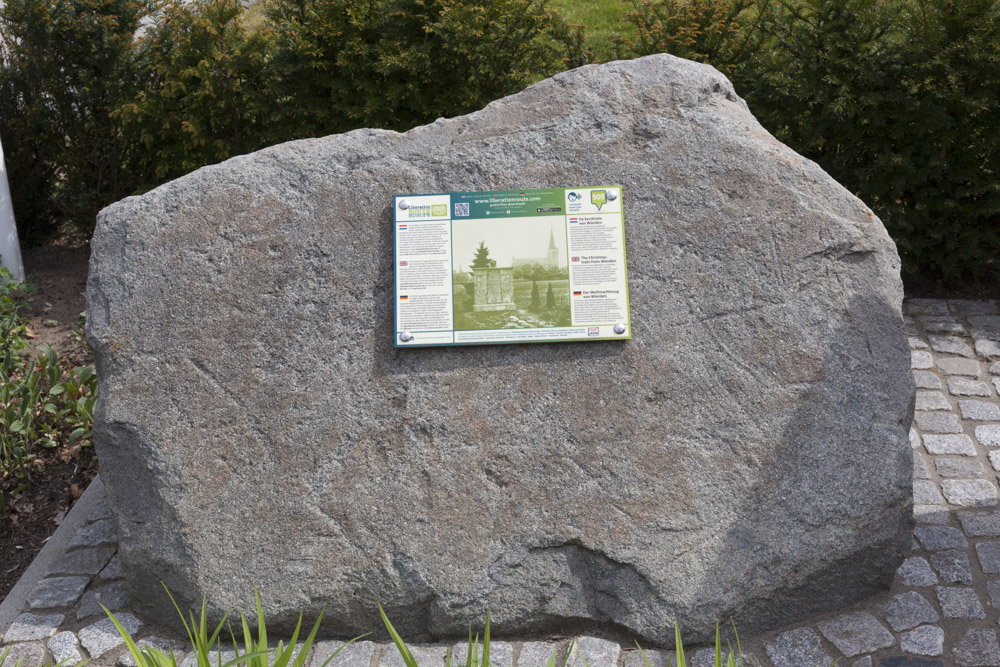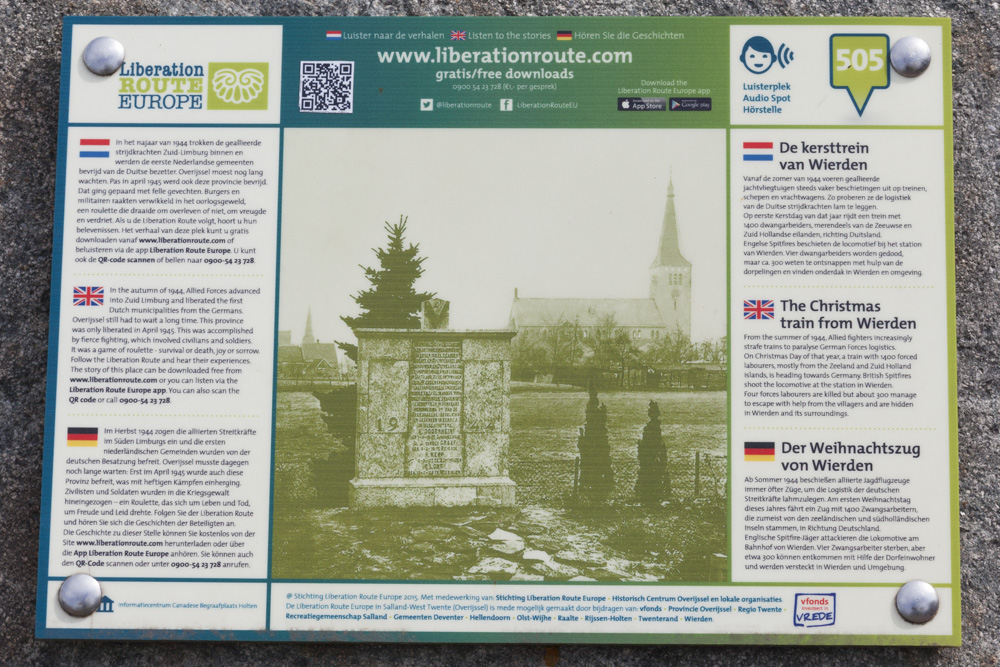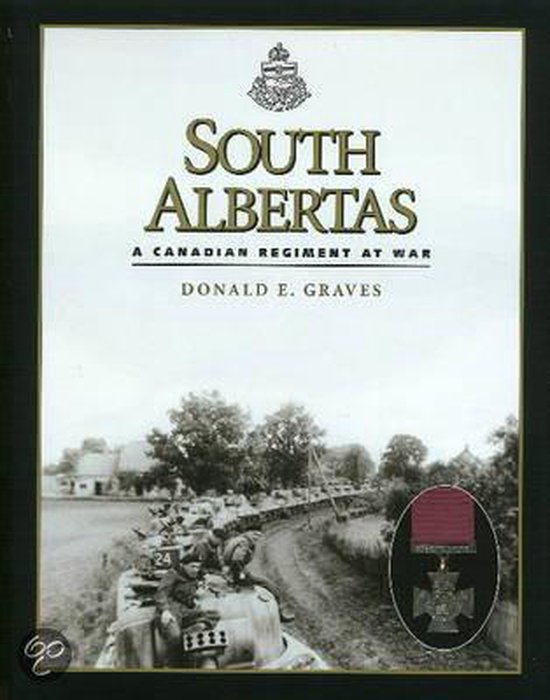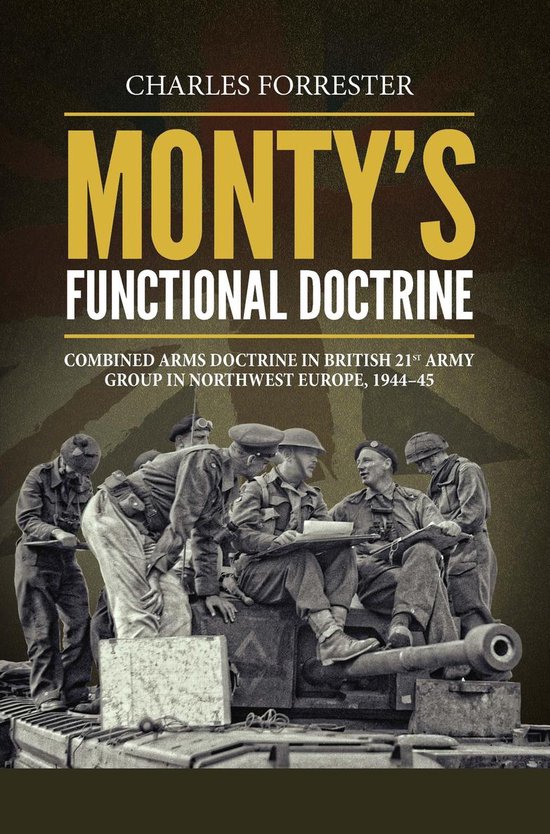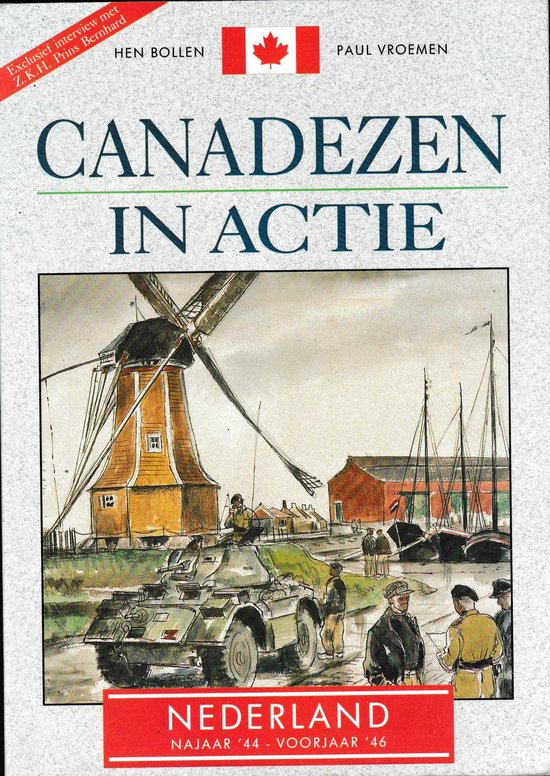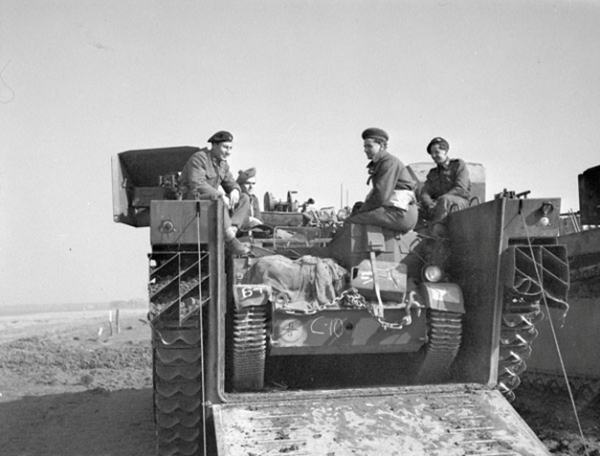Liberation Route Marker 505: The Christmas train from Wierden
The Christmas train from Wierden
During the summer of 1944, Allied fighters increasingly attack trains, ships and trucks. They are attempting to paralyse the German armed forces logistics. On Christmas Day of that year, a train with 1,400 forced labourers, mostly from the Zeeland and Zuid Holland islands, is heading towards Germany. British Spitfires fire at the train in Wierden station. Four forced labourers are killed. But 300 manage to escape with the help of the villagers and find shelter in Wierden and its surroundings.
On the 25th of December 1944, a train was travelling from Kampen via Zwolle towards Germany with 1,400 Dutch forced labourers. Most came from the Zeeland and Zuid Holland islands and were arrested during German raids. On the 20th of December 1944, the SS and Police Chief Rauter had commanded the Order Police to round up thousands of Dutch men and transport them to Germany to repair destroyed roads and railway lines and clear rubble. Such arrests also took place in Goeree Overflakkee, Schouwen Duiveland and in northern Holland.
The fate of these forced labourers en route to Germany seemed sealed, until British Spitfire fighter planes strafed the train. Nearly 200 escaped immediately. Many mingled with churchgoers, who sheltered them and directed them to safer places such as attics, basements and sheds. The wounded were given first aid in the primary school in the Stationsstraat, now a Rabobank. At that time, it was equipped as a temporary hospital. Later, they were taken to hospital in Almelo. About 1,200 forced labourers were taken by German soldiers and imprisoned in the textile factory of the Scholten firm on the Violenhoeksweg. The inhabitants of Wierden were also able to liberate dozens of them.
Around six o'clock in the evening, another train stood ready to transport forced labourers from the factory to Nazi Germany. During the transfer of the group to the train, another few dozen escaped with the help of local Wierden people and sought refuge in the village. That night, the village was full escaped forced labourers, with sometimes five or more hiding with one family. During the coming days, almost all of the approximately 300 escaped forced labourers found a safe haven in the Wierden countryside and in surrounding areas, thanks to the excellent cooperation between the resistance groups and local people. An exceptional example of community spirit, which sprang up in a very short time.
On the 17th of May 1947, two years after the liberation of the Netherlands, the former forced labourers donated a monument to Wierden in gratitude to and in memory of the four victims. It stands near the station where ‘the Christmas train from Wierden' was strafed. 40 of the approximately 1,100 forced labourers transported to Germany never returned.
Audiospot - The Christmas train from Wierden
Liberation Route Europe is a certified Cultural Route of the Council of Europe. With hundreds of sites and stories in nine European countries, the route links the main regions along the advance of the Allied Forces in 1943-1945.
The entire route consists of themed routes that can be travelled by by hiking, walking, cycling and car. These routes pass numerous historical and interesting sites and tell stories from a multitude of perspectives that were important in the final phase of World War II.
Many routes feature listening spots, offering the opportunity to listen to a historical story at a location. In addition, many ‘Vectors of Memory’ have been placed, indicating that the passer-by is on one of the Liberation Routes.
The routes can be found on the Liberation Route Europe website or in the app through which many stories can also be listened to.
Do you have more information about this location? Inform us!
Source
- Text: TracesOfWar & Liberation Route Europe
- Photos: Arjan Vrieze
Related books
Nearby
Museum
Point of interest
- V1 Launch Location Wierden - Wierden
- NAD Camp Wierden II - Wierden
- V1 Launch Platform Nijreesbos Almelo - Almelo
Monument
- Memorial Crew Members Lancaster LL914 WS-U - Wierden
- Jewish Memorial Wierden - Wierden
- Liberation Monument Wierden - Wierden
Cemetery
- Dutch War Graves Old Municipal Cemetery Wierden - Wierden
- Commonwealth War Graves Old General Cemetery Wierden - Wierden
- Dutch War Grave Wierden - Wierden
Remembrance Stone
- Stumbling Stones Appelhofstraat 14 - Wierden
- Stumbling Stone and plaque Stationsstraat 29 - Wierden
- Stumbling Stone Wierdensestraat 160 - Almelo
